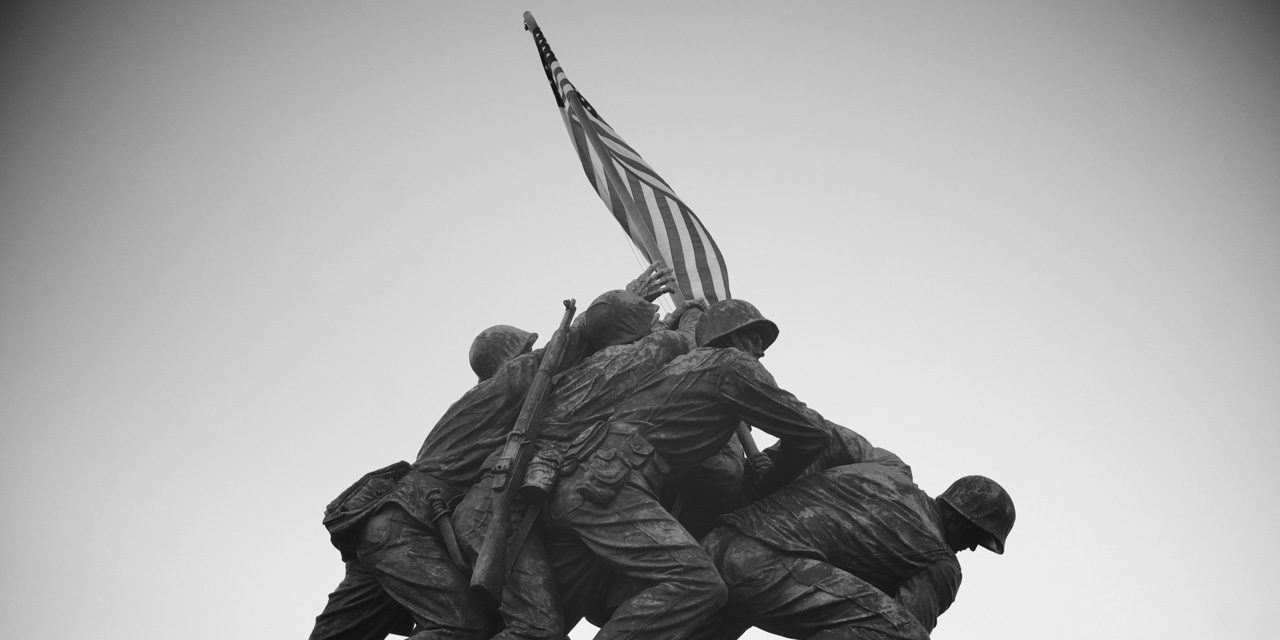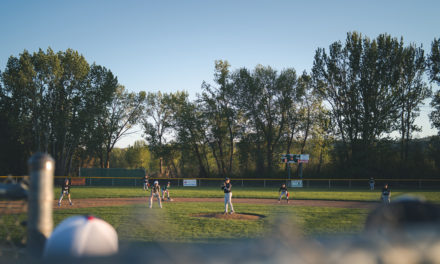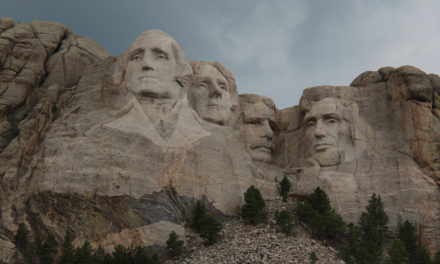On February 19, 1945, the United States launched an amphibious assault on the Japanese-controlled island of Iwo Jima. The image of six Marines raising up the American flag on the island’s mountain has become one of the most iconic images of the war. As Americans commemorate the anniversary, it is an opportunity to remember the lives lost, the sacrifices made, and the victories won in the Pacific theater.
It’s difficult to imagine that fighting over an island that’s made up of just eight square miles could be that important. But as U.S. troops moved closer and closer to mainland Japan during the last months of the Second World War, this little island in the Pacific Ocean became a battleground for the future.
An island created by a dormant volcano, it’s difficult to underestimate its importance. A critical piece of Japan’s fledgling battle strength, the island served as a landing strip for Japanese forces and as a radio relay to warn the mainland about Allied bombing raids. It also specifically belonged to Japan and not just an occupied territory, so the battle was among the first fought on Japanese soil. To lose it would be detrimental to the Japanese and essentially give the United States its eventual victory in the Pacific.
To claim the island for their own, 80,000 Marines were tasked with leading the assault. It took 36 days.
During that time, there were 26,000 American casualties and 6,821 died in combat. The toll among the Japanese was devastating. Out of the 20,000 troops on the island, only 200 survived.
The fighting among the troops was utterly brutal. Combat mostly occurred in close quarters as the Japanese had built an extensive series of tunnels under the island to launch surprise and savage attacks with flamethrowers and grenades. The island terrain also proved difficult for the American troops to navigate with much of the beaches made up of “dunes of soft, gray volcanic ash” making landing any type of vehicle difficult.
As Admiral Chester Nimitz said in reflecting on the battle, “Uncommon valor was a common virtue.”
There were 27 Medals of Honor given to Marines and sailors for their actions during the battle—half were given posthumously.
Perhaps what Americans most remember about the conflict is the iconic photograph of six Marines raising the U.S. flag on Mount Suribachi five days after the assault started. It was meant as a symbol to inspire the troops and demoralize the enemy. The men, three of whom later died in combat on the island, were a symbol of hope and unity to the American people who were becoming weary of four years of continuous combat on two fronts.
The image is now a monument at the United States Marine Corps War Memorial, which sits at the entrance to Arlington National Cemetery.
In an official press release to commemorate Iwo Jima, the White House said, “On this anniversary, we honor those who answered the call of duty and ensured that the forces of freedom emerged victorious in that fateful battle. As a Nation, we remain forever indebted to the Greatest Generation.”
Here at The Daily Citizen we would like to thank all the men who bravely and courageously served in World War II. There are only a few veterans left, including my great-uncle Harold Raymer, but we thank them immensely for the sacrifices they made and the challenges they faced. They are truly the Greatest Generation.






